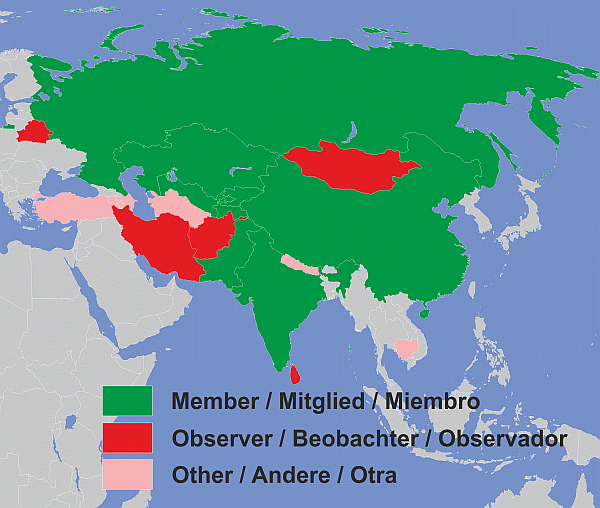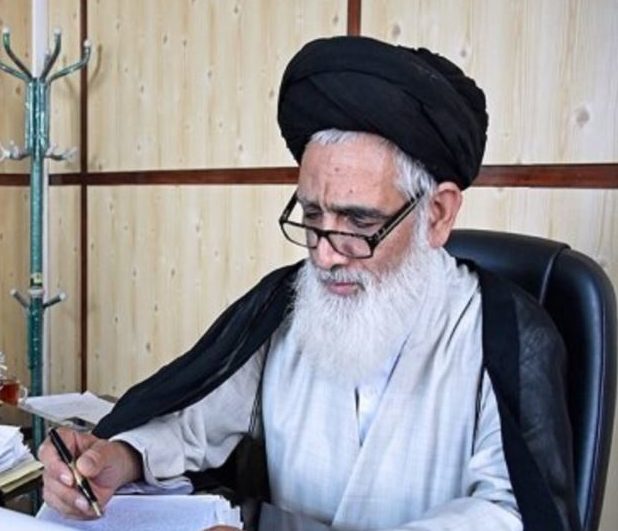July 19, 2019
The US Justice Department has announced that it has extradited an Iranian visiting Germany for violating US sanctions and will try him in New York.
The man had been arranging the smuggling of carbon fiber, used by Iran in missile programs and its nuclear program. He did not know he had been indicted by a US grand jury and traveled to Germany, where he was nabbed by German police and detained more than two years while the US extradition request was processed.
The Justice Department announced the extradition of Behzad Pourghannad, 65, and the unsealing of a three-count indictment charging Pourghannad, Ali Reza Shokri, 61, and Farzin Faridmanesh, 48, with exporting carbon fiber from the United States to Iran.
Pourghannad was arrested on those charges on May 3, 2017, in Germany and has now been extradited to the US. Pourghannad arrived in New York July 15. Shokri and Faridmanesh remain at large, presumably in Iran, which they will likely never leave as they now know they are wanted by the United States.
Between 2008 and July 2013, Pourghannad, Shokri and Faridmanesh worked together to obtain carbon fiber from the US and surreptitiously export it to Iran via third countries. The Justice Department said Shokri worked to procure many tons of carbon fiber and Pourghannad agreed to serve as the financial guarantor for large carbon fiber transactions while Faridmanesh agreed to serve as the trans-shipper.
Carbon fiber has a wide variety of uses, including in missiles, aerospace engineering, and gas centrifuges that enrich uranium.
The Justice Department said that in late 2007 and early 2008, Shokri and a Turkey-based co-conspirator successfully arranged for the illegal export and trans-shipment of carbon fiber from the US to an Iranian company associated with Shokri. The Turkey-based co-conspirator contacted a US supplier of carbon fiber and arranged for the shipment of the carbon fiber from the US, through Europe and Dubai to Iran.
In May 2009, Pourghannad and Shokri attempted to arrange another illegal purchase and trans-shipment of carbon fiber from the US to Iran. But officials in an unnamed foreign country interdicted the carbon fiber shipment before it could be trans-shipped to Iran, the Justice Department said.
In 2013, Pourghannad, Shokri, and Faridmanesh again tried to export carbon fiber. Faridmanesh specifically instructed an unnamed intermediary to change the shipping labels to reference “acrylic” or “polyester,” rather than “carbon fiber, the Justice Department said.























